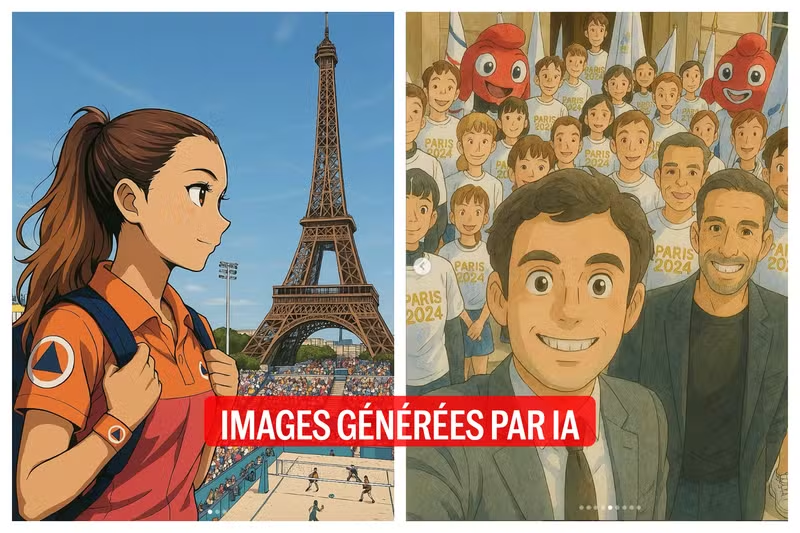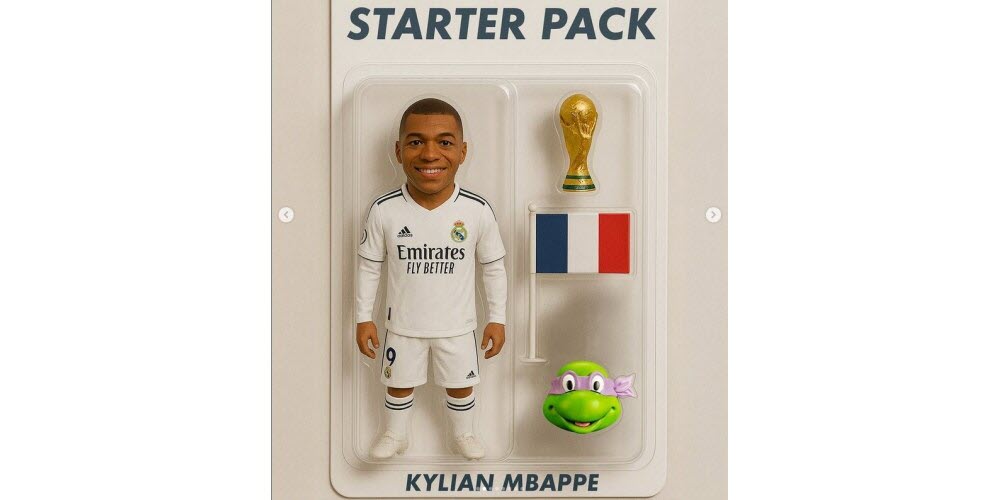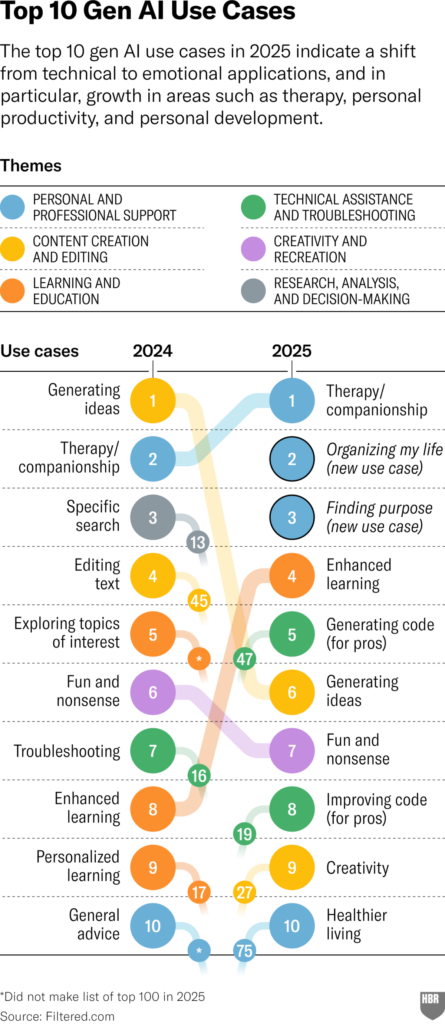Despite Growing Consumer Optimism About GenAI, Concerns Are Still High
An update to ChatGPT made it easy to simulate Hayao Miyazaki’s style of animation, which has flooded social media with memes. Beyond the hype, this trend raises serious questions about copyright infringement. This article in The New York Times sums up some of the questions raised by the phenomenon. See below for an example of such an image shared on French President Emmanuel Macron’s Instagram account (source and screenshot from Le Monde).

It’s hard to miss another trend on social media, the “Starter Pack.” You can easily create your own figurine in seconds, such as this one below of French soccer star Kylian Mbappé created by Canal+ on its Instagram account. They look cool and fun, going viral very quickly.

But according to various scientists and researchers such as Dr. Sasha Luccioni, generating images via generative AI (genAI) tools consumes a lot of energy and water (several liters to cool servers for just one image). This is pale in comparison to videos. Moving forward, expect consumers to produce short-form but also long-form videos. Expect User-Generated Content on steroids. In fact, looking at the overall impact of AI (not just consumer usage), the International Energy Agency recently released a thorough analysis projecting that electricity demand from data centers worldwide is set to more than double by 2030 to around 945 terawatt-hours, slightly more than the entire electricity consumption of Japan today. AI will be the most significant driver of this increase, with electricity demand from AI-optimized data centers projected to more than quadruple by 2030.
These are just two recent examples of how genAI is entering our daily lives, but there are many more. Marc Zao-Sanders recently published a very interesting piece in the Harvard Business Review on how people are really using genAI in 2025 — and it’s fascinating to see how genAI is increasingly being used for personal and professional support (for example, for therapy/companionship, organizing one’s life, or finding purpose).

At Forrester, we analyze the implications of such changes on consumer behaviors and attitudes, and what it means for brands.
My colleague Audrey Chee-Read recently published a report showing that consumer optimism toward GenAI grows.
We’ve just got the results from Forrester’s March 2025 Consumer Pulse Survey, where we asked 461 UK online adults — who’ve used or heard of genAI — how concerned they are about the impact of genAI.
Top three concerns:
- Spread of misinformation/disinformation: 75%
- Data privacy violations: 69%
- Impact on human intellect: 68%
Bottom two concerns:
- Bias and discrimination: 55%
- Environmental sustainability: 39% (the only one below 50%)
This data was collected right before the buzz on the “Starter Pack” and “Studio Ghibli” memes. It’ll be interesting to see how it evolves in the coming months, but it’s clear that despite the growing optimism, consumers are still highly concerned.
My colleague Audrey Chee-Read and myself are working on new research on this exciting topic. If you’re a Forrester client, stay tuned for additional research on how consumers use and perceive AI. Go to my Forrester bio and click “Follow” to be notified. You can also follow me on LinkedIn here.
Also, as a client, you can schedule time with me for an inquiry or guidance session, or talk to your account team about workshops and strategy days on anticipating how AI will change how we interact with technology and brands.
